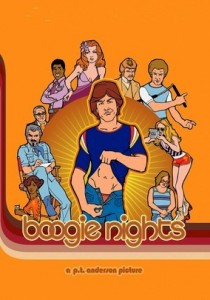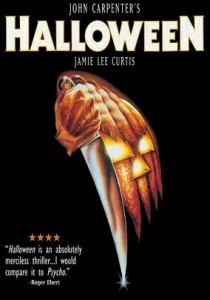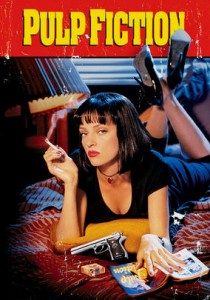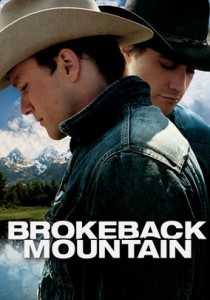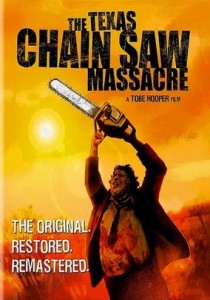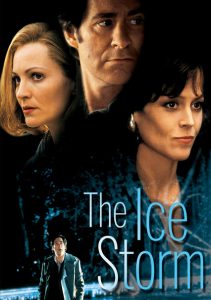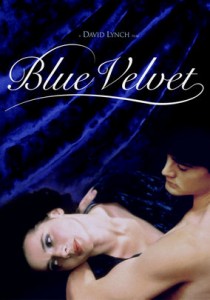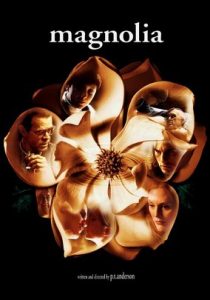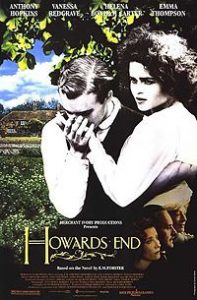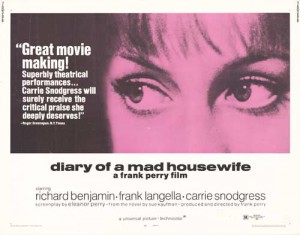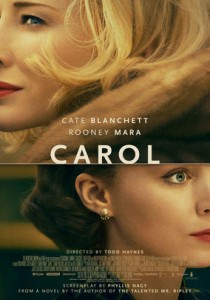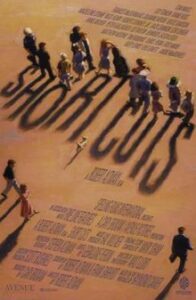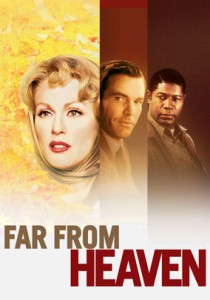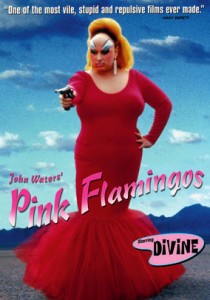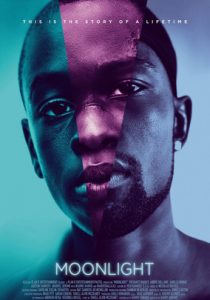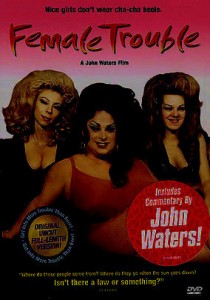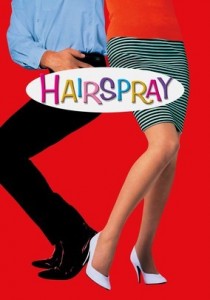Alligator-1980
Director Lewis Teague
Starring Robert Forster, Robin Riker, Michael V. Gazzo
Scott’s Review #1,491

Reviewed August 18, 2025
Grade: B-
Alligator (1980) capitalizes on the Jaws (1975) and Jaws 2 (1978) craze with a similarly themed ‘creature that attacks humans’ idea.
The stalking musical score is essentially the same as Jaws, and the film includes a copied underwater camera shot of a victim in peril trying to reach a boat.
The late-night offering is adequate, though amateurish and cheaply made, with enough stock characters to make for a comical offering, whether intentional or unintentional.
The romantic chemistry between the two leads, Robert Forster and Robin Riker, is surprisingly genuine and sweet, which barely lifts this effort above mediocrity.
The kills are underwhelming and quickly become redundant as a leg or arm is chomped off a victim with little more than systematic style as the doomed person desperately attempts to escape being the giant alligator’s next meal.
Set in Chicago, the film follows Detective David Madison (Forster) and a reptile expert, Dr. Marisa Kendall (Riker), who team up to track an enormous, ravenous man-eating alligator flushed down the toilet years earlier as a baby.
The reptile terrorizes and attacks residents without capture after escaping from the city’s toxic sewers.
An inane explanation is provided, involving the alligator mutating to a humongous size due to feeding on animals used as test subjects for an experimental growth formula intended to increase agricultural livestock meat production.
The plot-driven story assuredly pairs David and Marisa as romantic counterparts from the get-go, so there is little doubt they will wind up together. A weak attempt at a spat between the couple is perplexing and a waste of time.
Thank goodness the actors have a decent amount of chemistry, which compels during scenes when they trapse around the metropolis trying to catch the reptilian murderer.
Marisa is written well as a self-assured, intelligent female doctor, though inexplicably, she lives with her overbearing mother. David has a mediocre backstory involving an incident where he should have saved his partner’s life but failed.
The death setups are outrageously satisfying as cookie-cutter stock characters quickly get their comeuppance. For example, the villainous Slade (Dean Jagger), an influential local tycoon responsible for the experiments, is crushed by a car that the alligator flattens.
This follows Slade’s selfish attempt to save his skin at the expense of another character, whom he locks out of his car.
Interestingly, Alligator features Jagger, an Oscar-winning actor (for 1949’s Twelve O’Clock High) and Oscar-nominated actor Michael V. Gazzo (for The Godfather Part II, 1974).
The grand finale is delicious B-movie style. The alligator goes on a rampage through a high-society wedding hosted at Slade’s mansion, eating a maid serving guests at the reception and killing Slade, the mayor, and Slade’s chief scientist for the hormone experiments, who was also his intended son-in-law.
The shrieking women and scrambling guests hilariously try to outrun the creature amid flying champagne glasses, wedding cakes, and delicate dining dishes.
This scene is worth the price of admission.
The rest of the experience is ludicrous as the alligator escapes notice in the city of millions. He crawls down urban streets and hides in dark alleys at whim, occasionally eating a villain or two.
Like any horror film of the 1970s or 1980s, Alligator perfectly sets up a sequel, a la Alien (1979), with a spawn being hatched in the sewer.
Playing more like a light comedy than a scary film, Alligator (1980) has moments of satisfaction. But most of it is an attempt to capitalize financially on an idea that has been used before, making it feel more like a ripoff movie than anything original.
